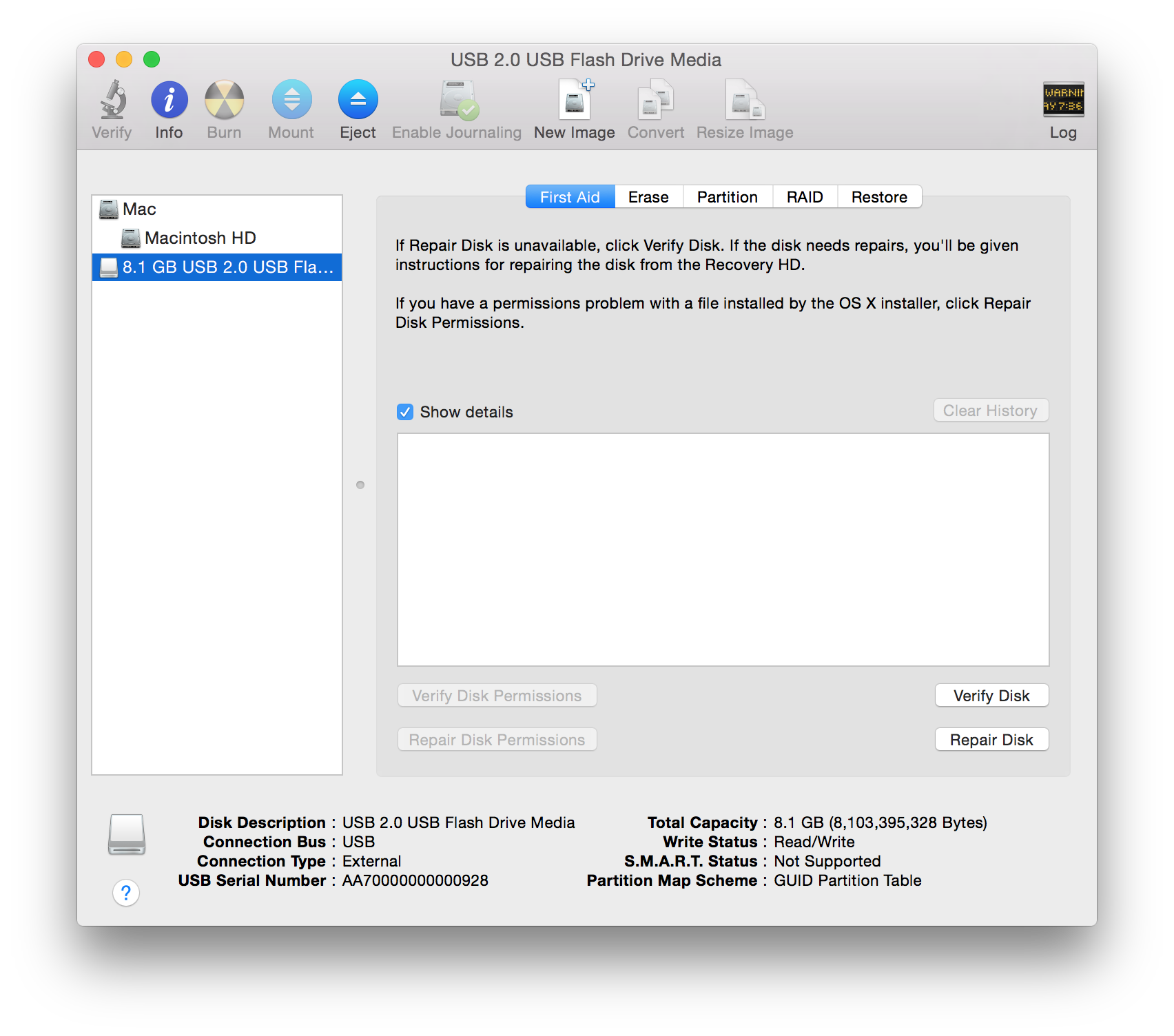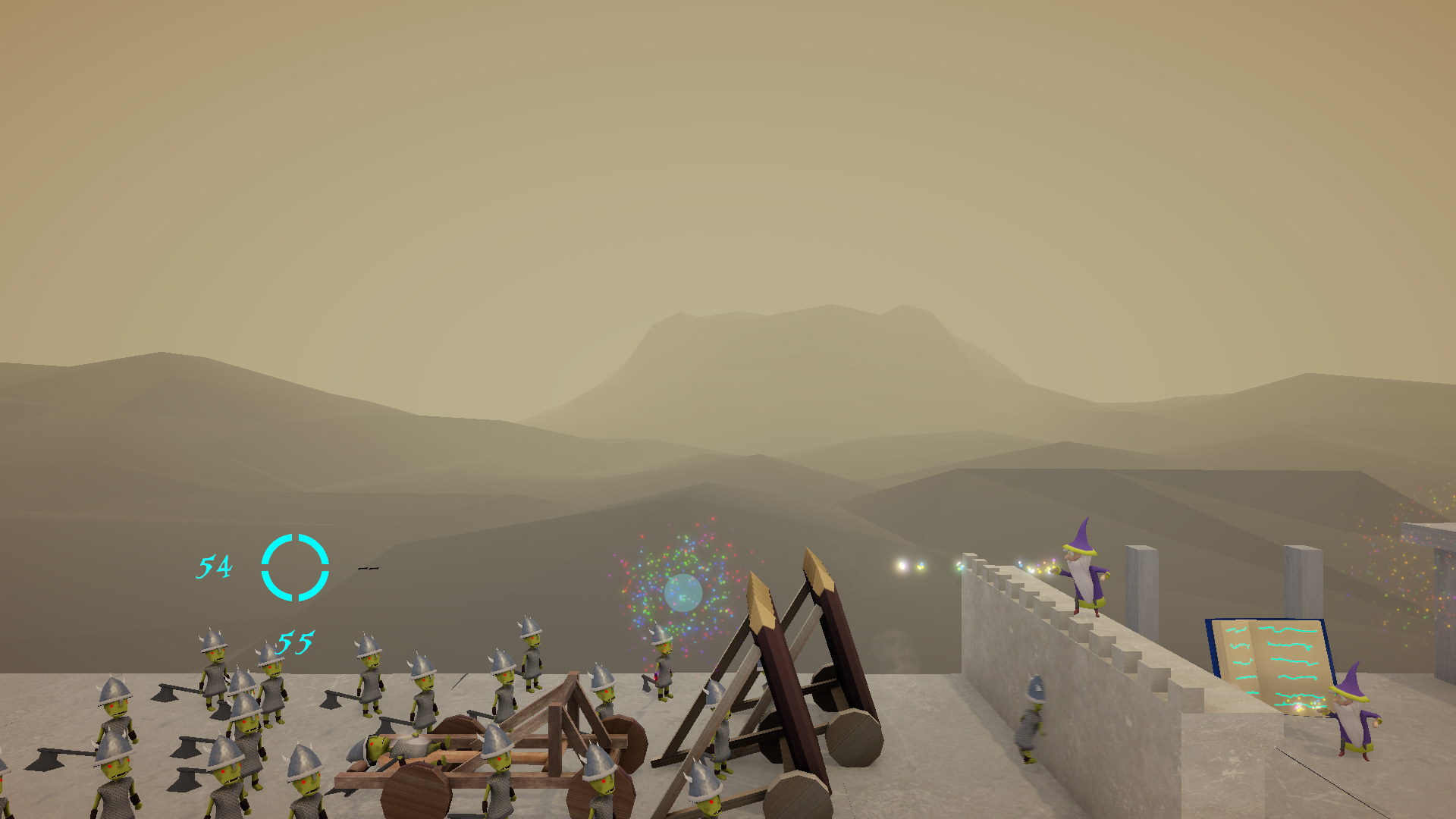Magic Missile Command Mac OS
Missile Command: Recharged is a re-imagining of the beloved classic with fast-paced, arcade action where players must defend their bases by blasting an endless barrage of missiles hailing from the sky. Launch counter-missiles to protect your base and target powerups to gain an edge at critical moments. The latest clone of the age old Missile Command. Protect six cities from alien laser beams. Features 12 different city sprites (mmm, variation!) original music and 2 player mode. (The second player.
Missile Launcher is designed provide a more efficient and open-source program for Windows control of USB missile launchers. Contains a command-line interface and GUI (supports keyboard control). This program is designed to control M&S launchers.
Want to be able to run classic Mac OS applications compiled for the Motorola 68000 series of processors on your ever-so-modern Mac OS X machine? Or maybe you'd rather run them on a Raspberry Pi, or an Android device for that matter? There's an emulation project that's trying to achieve just that: Advanced Mac Substitute (AMS).
Missile Command Online
Emulators of older computer platforms and game consoles are popular with vintage game enthusiasts. But emulators also could be attractive to others with some emotional (or economic) attachment to old binaries—like those with a sudden desire to resurrect aged Aldus PageMaker files.
Advanced Mac Substitute is an effort by long-time Mac hacker Josh Juran to make it possible to run old Mac OS software (up to Mac OS 6) without a need for an Apple ROM or system software. Other emulators out there for 68000 Mac applications such as Basilisk II require a copy of MacOS installation media—such as install CDs from Mac OS 7.5 or Mac OS 8. But AMS uses a set of software libraries that allow old Mac applications to launch right within the operating environment of the host device, without needing to have a full virtual hardware and operating system instance behind them. And it's all open source.
AdvertisementI got a demo of AMS from Juran at Shmoocon in Washington, DC, this past weekend. He showed me an early attempt at getting the game Load Runner to work with the emulator—it's not yet interactive. A version of the project, downloadable from Github, includes a 'Welcome' screen application (a sort of Mac OS 'hello world'), Mac Tic-Tac-Toe, and an animation of NyanCat.
Advanced Mac Substitute https://t.co/mCyiI6lU8M emulated greatness via @joshuajuranpic.twitter.com/SMeI241yGd
— xraytext (@xraytext) January 21, 2019
Applications are launched from the command line for now and are executed by the emulation software, which interprets the system and firmware calls. A small graphical front-end displays video and accepts user input.
Unfortunately, there's still a lot of work to be done. While AMS works on Mac OS X up to version 10.12—both on Intel and PowerPC versions of the operating system—the code for the graphics front end currently won't compile on MacOS Mojave. (Juran is looking for someone with some expertise in Coco to help fix that.) And the Linux implementation of AMS does not yet support keyboard input. I was unable to get the front end to execute at all on Debian 9 on Intel.
But there's hope that these hurdles can be cleared. Juran said that he's considering a crowdfunding program to support further development of AMS and is looking for others willing to contribute to the project. With luck, I'll be laying out the neighborhood newsletter on Aldus PageMaker 4 for Mac and hunting down binaries for Balance of Power.
| Developer(s) | Bill Kendrick, David Bruce, Holger Levsen, Tim Holy, Sam Hart, Brendan Luchen, Jesus Mager |
|---|---|
| Stable release | 2.0.0 / April 14, 2011; 10 years ago |
| Operating system | Cross-platform |
| Type | Educational game |
| License | GNU General Public License |
| Website | tux4kids.alioth.debian.org/tuxmath/index.php |
Tux, of Math Command (TuxMath, for short) is an open sourcearcade-style video game for learning arithmetic, initially created for Linux.
History[edit]
The first alpha of the game was released by its initial developer, Bill Kendrick, in September 2001, days prior to the September 11, 2001 attacks. It was decided that the imagery of exploding buildings was no longer suitable. Eventually the city imagery was replaced with igloos, to match the arctic theme of Tux, the Linux penguin, who stars in the game.
Since 1.7.0 the game also include a multiplayer mode and Factor-fraction activity called Factoroids.
Gameplay[edit]
The game-play mechanic is based loosely on that of the arcade game Missile Command, but with comets falling on cities, rather than missiles. Like Missile Command, players attempt to protect their cities, but rather than using a trackball-controlled targeting cross-hair, players solve math problems that label each comet, which causes a laser to destroy it.
Features[edit]
The game has multiple user support (useful for schools), LAN multiplayer mode, on-screen tutorials and a training mode - over 50 bundled lessons ranging from simple number typing up through all four basic arithmetic operations with negative numbers and 'missing number' questions (e.g. '3 x ? = 12'). Being an open source project, multi-platform support for Linux, Windows, Mac OS X, BeOS and others is available. Localization to over thirty (human) languages was created by the games community. Included is also 'Factoroids', a clone of classic Atari video game 'Asteroids', modified to be an activity to train factorization.
Reception and impact[edit]
Distribution[edit]

TuxMath is included in numerous Linux distributions, including the Edubuntu flavor of Ubuntu. It is included as a game on the ASUS Eee PC.[1] It was also included on the Dish Network 721 PVR.[2]

Use in Schools[edit]
Numerous schools use TuxMath,[3] and school newsletters,[4] educational,[5] software websites[6][7][8] and publications[9][10] mention it, often together with other open source educational software.
See also[edit]
Missile Command For Pc
- Tux (Linux mascot penguin)
Missile Command Online
External links[edit]
- Official website[dead link]
- Download source code and Windows, Linux and Mac versions
- tuxmath on GitHub
References[edit]
- ^Linux.com review of the ASUS Eee PC, January 11, 2008
- ^News from Bill Kendrick's personal website, December, 2002.
- ^Free Educational Software page at North Canton City Schools.
- ^Special Needs Tech News, Volume 3 Issue 3, March 2004.
- ^Educational software listing at SchoolForge.
- ^'A free education' article at Linux.com, May 23, 2006.
- ^'Five Useful Software For Kids' article at Techtree.com, May 23, 2006.
- ^'Sharpen Your Mind and Have Fun With Tux' article at LinuxPlanet, May 23, 2006.
- ^ASSUS Eee PC for Dummies, Part II: Day to Day with the Eee PC, Page 118
- ^Teaching with Tux, Linux Journal, October 21st, 2009